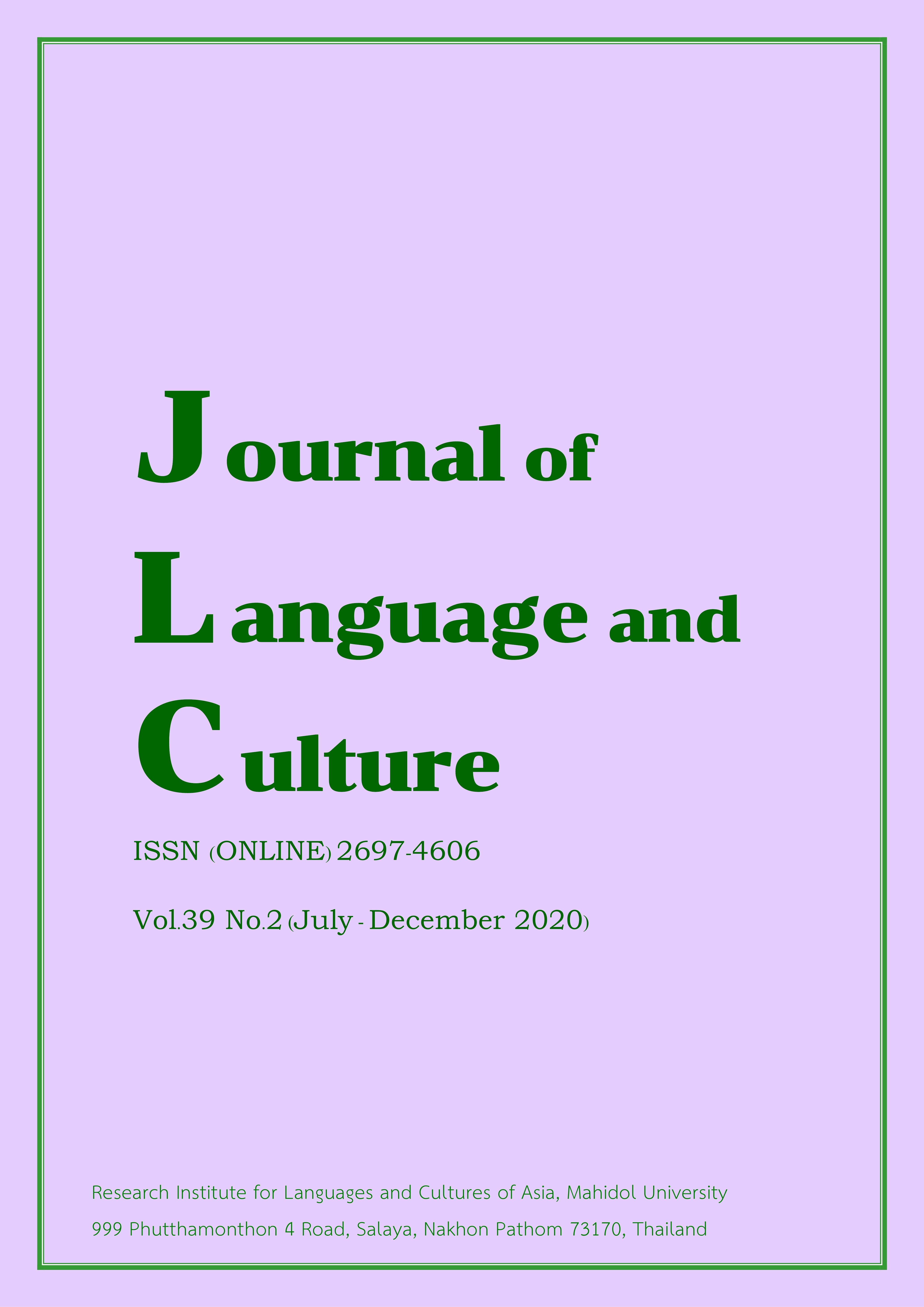Thai Buddhism, women and social change
Main Article Content
Abstract
The status of Thai women has been formally recognized in the Thai Constitution since 1932 and despite their playing major roles in society both inside and outside the household, their status remains unequal to that of men. In terms of Thai Buddhism, “maechi” – female devotees who shave their heads, wear white robes and practice eight precepts – are only recognized and accepted within the religious domain by the Thai sangha and public. Maechi are regarded as inferior in religion. Bhikkhuni on the other hand, have been one of the fourfold divisions of Buddhism since the Buddha’s time. Dr. Chatsuman Kabilsingh rebelled against the Thai sangha’s prohibition against women being ordained as bhikkhuni and opted to be ordained in Sri Lanka as Bhikkhuni Dhammananda. Bhikkhuni practice 311 precepts, and although they are marginalized by the Thai Sangha, they are respected by their many followers. They teach the dhamma and give dhamma trainings both locally and internationally. They also follow the Buddhist disciplines strictly. With the discipline and positive attitude of bhikkhuni, they are able to support the dhamma practice of Buddhists and help the Sangha to maintain Buddhism. It is the time for Buddhism in Thailand to rid itself of unwarranted sex discrimination and provide a clear path for women to take their place alongside men as monks.
Article Details
The articles featured in the Journal of Language and Culture (JLC) constitute academic works representing the viewpoints of the respective author(s). It is crucial to note that these opinions do not necessarily reflect those of the Editorial Board.
All articles published in JLC are released under the Creative Commons Attribution 4.0 International License (CC BY 4.0). This license grants permission for unrestricted use, distribution, and reproduction in any medium, provided proper credit is given to the original author(s) and the source.


